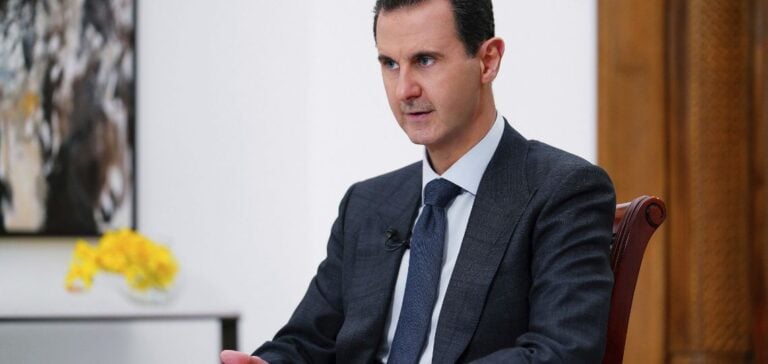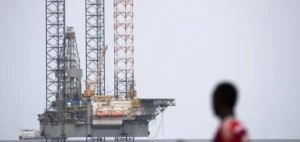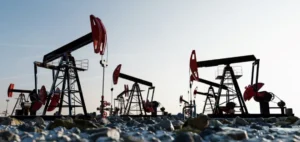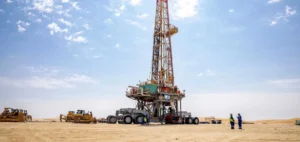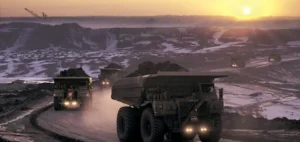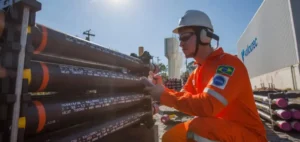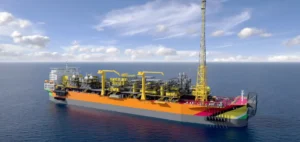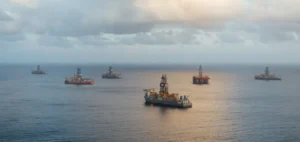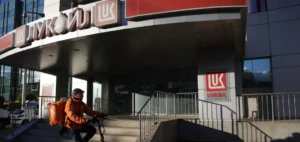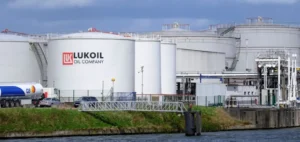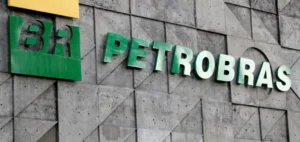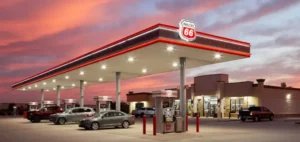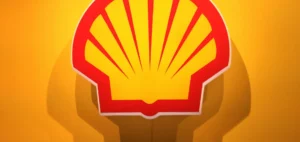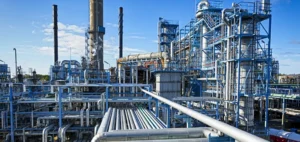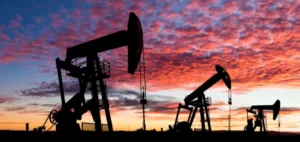The end of Bashar al-Assad’s regime, supported by Russia and Iran, represents a significant setback for these geopolitical allies. The rebel group Hayat Tahrir al-Sham, behind the victory, has taken a central role in a country where oil infrastructure is largely destroyed. This development raises many questions about Syria’s future, though the direct impact on the global energy market appears negligible.
Before the civil war began in 2011, Syria produced approximately 380,000 barrels per day (b/d) of oil. However, the conflict has reduced production to a fraction of that level. By 2015, under the control of the Islamic State (IS), production had fallen to around 40,000 b/d. Since IS’s defeat, most oil fields have come under the control of Kurdish forces and the Syrian Democratic Forces (SDF), but current production does not exceed 30,000 b/d.
A Decreasing Role in the Global Energy Economy
Despite its energy potential, Syria no longer plays a significant role in the global market. Since 2019, no oil exports have been reported, and the country relies almost entirely on its allies for its energy needs. Iran, the primary supplier, delivered 121,000 b/d in November 2023, covering part of the domestic demand for refined products, mainly diesel and gasoline.
Oil infrastructure, concentrated in the east, remains largely non-operational. The refineries in Homs and Banias operate at limited capacity, far below national needs. Consequently, domestic demand, estimated at 100,000 b/d, is primarily met through imports, underscoring the country’s growing dependency on its strategic partners.
Geopolitical and Economic Consequences
The fall of the Assad regime could reshape regional alliances, but analysts predict minimal disruption to international oil markets. Christof Rühl, a researcher at Columbia University’s Center on Global Energy Policy, stated that no significant effect on oil prices is expected, as the key market players exited Syria years ago. Similarly, Vitol analyst Mike Muller emphasized that conflicts in the region, while significant in human and political terms, have had a limited impact on global supplies.
In December 2023, dated Brent crude was valued at $72.74 per barrel, reflecting a slight decline. This trend is more indicative of global demand concerns than events in Syria, which remain peripheral to the broader oil market.


